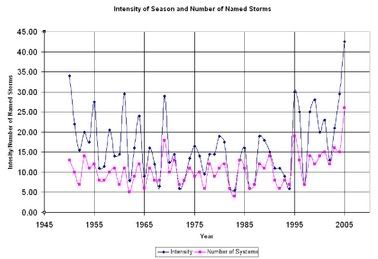One of the (many) problems with No Child Left Behind (NCLB) is that it doesn't actually create a national standardized test - it urges states to create their own tests, which makes it difficult to compare schools across states. Before I get into a rant about standardize testing, let me get right to the point: Park City, Utah has come up with a
report-card system for schools with 10 "subjects", or points of measurement which should allow schools to compare themselves to schools around the country. Instead of depending solely on achievement tests, it uses several criteria (some of which are better than others). Here they are:
Grade 3 Literacy I remember hearing on Oprah once that prisons estimate how much space they will need 10 years down the line based on 4th grade literacy rates. I don’t know why I was watching Oprah and I can’t find a link to back this up. However, literacy is an important skill when it comes to participating in mainstream society. If a kid can’t read by the end of third grade, it’s time for some intervention or they will quickly fall behind. And if they’re already falling behind in elementary school, you can bet the rest of their education will suffer, reducing opportunities for them out in the world. So this is a simple yet important measurement. However, we should probably come up with a standard definition for third grade reading level.
Middle School Algebra I agree with Jay Mathews here. They should really measure the percentage of middle school students who complete algebra rather than just pre-algebra. If you want to get to high school calculus (which is a good idea if you’re college bound), you need algebra in middle school. Besides,
challenging students is a good thing.
Graduation Rate Again, I agree with Mathews. They need to judge the percentage of 9th graders who complete high school. But graduation rates are definitely a good thing to measure.
Challenge Index Probably part of the reason Mathews wrote this article, since the Challenge Index is his creation. But, like Algebra in middle school, it’s good way of showing that schools are giving students the opportunity to challenge and better themselves, rather than simply meet some lowest common denominator.
Achievement Test Standardized tests do serve a purpose. The Iowa tests have been around for a long time and, importantly, are taken all over the country. Taken as
one metric rather than
the metric, achievement tests can contribute to an overall picture of school success.
Instructional Staff with Advanced Training This one I have more difficulty with. There are plenty of uber-educated people who make horrible teachers. And there are people with natural talent who don’t have advanced degrees. I don’t really see why, say, elementary school teachers really need a masters. I can understand wanting teachers to have certification, but that should be different from getting a degree.
Spending on Instructional Services I’m sure this is to discourage runaway administrative costs and other expenditures that don’t directly effect student learning. Seems like a good idea to me.
Foreign Language Again, I’m going to say they need to be more strict. Though here, they can probably still measure the percentage of students who complete three years of a foreign language by graduating from high school, but also measure the percentage of students who take at least one year of a foreign language by the end of middle school. I really think we should be teaching foreign languages at earlier ages in this country. Even if you never use it again, it gives you a better understanding of language constructs in general (and therefore the language you already know) to study different ones.
College Placement In this category, they are basically looking to see what percentage of students pursue any post-high school education (including any college, professional training, and the military). This (along with many things on this list) has long been used informally as a measure of success by schools.
Student Involvement in Extracurriculars I was going to say they need to split this into “sports” and “non-sports”, but if a school really wants to up the percentage of students involved in extracurricular activities, they need to have a wide variety of activities available instead of a large number of activities that appeal to a small segment of the school population. Another good one.
I think they got all the big ones, at least when it comes to the way the education system is currently structured. Any other ideas?



